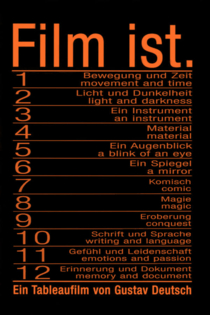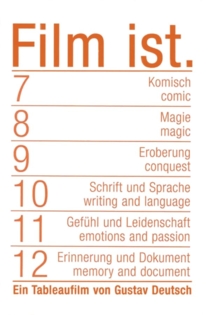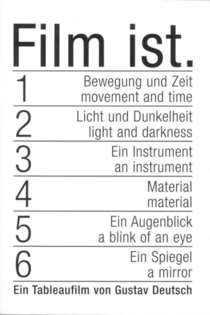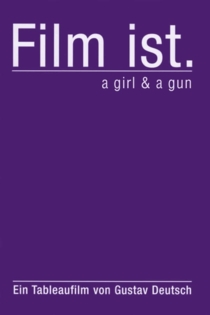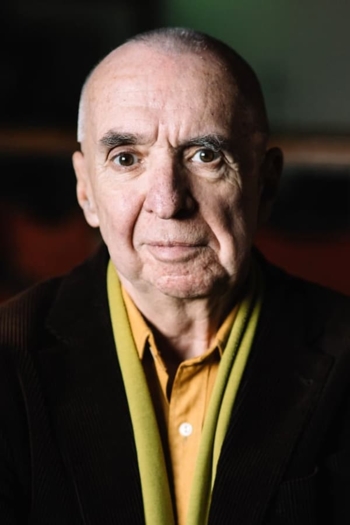
Gustav Deutsch
1952 - 2019Welt Spiegel Kino
Gustav Deutsch
Emperor Franz Josef
In Gustav Deutsch's most recent found footage work the masses "absorb" (Walter Benjamin), the artwork. Three historical camera pans across the streets and squares of Vienna, Surabaya, and Porto provide a starting point for reflection on the relationship of everyday stories and cinematic machinery.
World Mirror Cinema
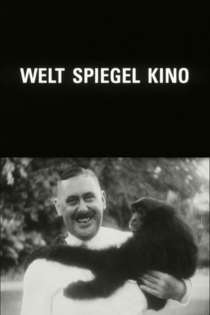
Shirley: Visions of Reality
Gustav Deutsch
Stephanie Cumming, Christoph Bach
A series of snapshots from the life of a fictional actress named Shirley serves to weave together thirteen paintings by Edward Hopper (e.g. "Office at Night", "Western Motel", "Usherette", "A Woman in the Sun") into a fascinating synthesis of painting and film, personal and political history. Each station in Shirley’s professional and private life from the 1930s to 1960s is precisely dated: It is always August 28/29 of the year in question, as the locations vary from Paris to New York to Cape Cod.
Shirley: Visions of Reality
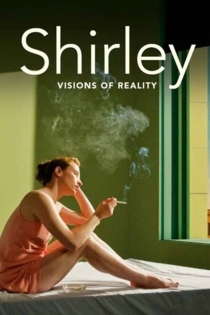
The Mozart Minute
Michaela Schwentner, Michael Glawogger
Twenty-eight well-known filmmakers living and working in Austria were invited by WIENER MOZARTJAHR 2006, to produce associative miniatures on Mozart. Requirement: they had to be one-minute artistic short films. The directors come from a whole range of different backgrounds, ranging from animated, experimental and short film to documentaries and feature films. The result is a multi-facetted sampler of diverse formal and contextual positions with regard to Mozart’s person and his influence on today’s society, art and culture. The contributions run the gamut from experimental-conceptual statements through socio-critical and documentary observations to pithy short feature films.
The Mozart Minute
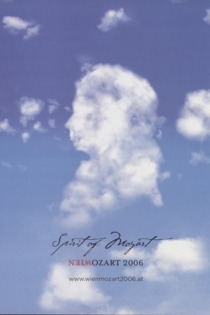
Tradition ist die Weitergabe des Feuers und nicht die Anbetung der Asche
Gustav Deutsch
The pictures are burning. A house is in flames for exactly one minute. Cinema under attack: An anonymous fragment from the early days of film is turned into a reflection on reproduction and reality as well as on destruction which takes place on two levels through Gustav Deutsch’s reworking of the material.
Tradition Is the Handing on of Fire and Not the Worship of Ashes
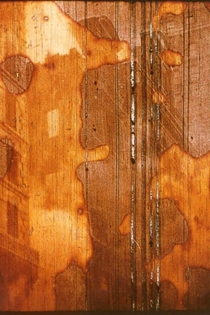
60 Seconds of Solitude in Year Zero
Edmund Yeo, Oliver Whitehead
An anthology of one-minute films created by 60 international filmmakers on the theme of the death of cinema. Intended as an ode to 35mm, the film was screened one time only on a purpose-built 20x12 meter public cinema screen in the Port of Tallinn, Estonia, on 22 December 2011. A special projector was constructed for the event which allowed the actual filmstrip to be burnt at the same time as the film was shown.
60 Seconds of Solitude in Year Zero
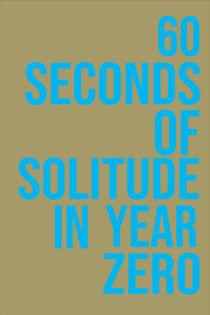
Mariage blanc
Gustav Deutsch, Mostafa Tabbou
Mostafa Tabbou
Mariage Blanc in Morocco means a sham marriage between a Moroccan man and a European woman in order to obtain a residence permit and thereafter the citizenship of a European country. The theme of Mariage Blanc is this very intimate form of attempted immigration which is, for Mostafa Tabbou, simultaneously fiction and reality. The film was shot in three days in July of 1996 in the Hotel de Paris in Casablanca, Morocco.
Mariage blanc

So Leben Wir - Botschaften an die Familie
Gustav Deutsch
Tradition and modernity, contrasting ways of life: the master of archival footage has assembled an impressive collection. His serene narration takes us inside the private lives of migrant families in different eras, from the beginnings of film to the present day. This new film from one of the great avant-garde directors is also a powerful tribute to a neglected genre.
How We Live - Messages to the Family
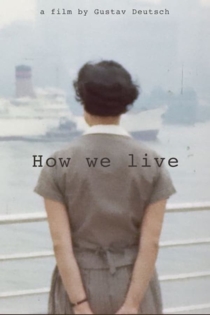
Adria - Holiday films 1954-68 (The School of Seeing I)
Gustav Deutsch
ADRIA is an artistic analysis of film as a medium and of its meaning as SCHOOL OF SEEING. The subjects of this analysis are the beginnings of the Austrian hobby and amateur film creation, restricted to holiday movies from the Adriatic Sea. The footage was analyzed according to set focal points (image detail, camera movement, etc.) then dissected according to serial aspects (tracking shots, pans, etc.) and edited into new sequences (descriptions, reactions, etc.) These sequences are liberated from their individual isolation and unified in a sequence that reflects the general situation. This general situation reflects upon two aspects. One is the first active involvement with film as a medium - in front of and behind the camera - and the other aspect highlights social contexts such as the first holiday abroad and organizing one’s leisure time.Therefore the private depiction of an individual situation becomes a document of a general situation.
Adria - Holiday films 1954-68 (The School of Seeing I)
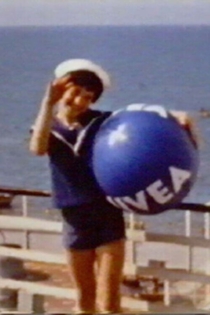
Film ist. 1-12
Gustav Deutsch
A condensed omnibus of all twelve chapters of Film ist. by Gustav Deutsch. Chapters 1-6 consists almost exclusively, of sequences from existing scientific films, while chapters 7-12 is a collection of moving pictures from the first thirty years of a medium which was then still silent.
Film Is. 1-12
